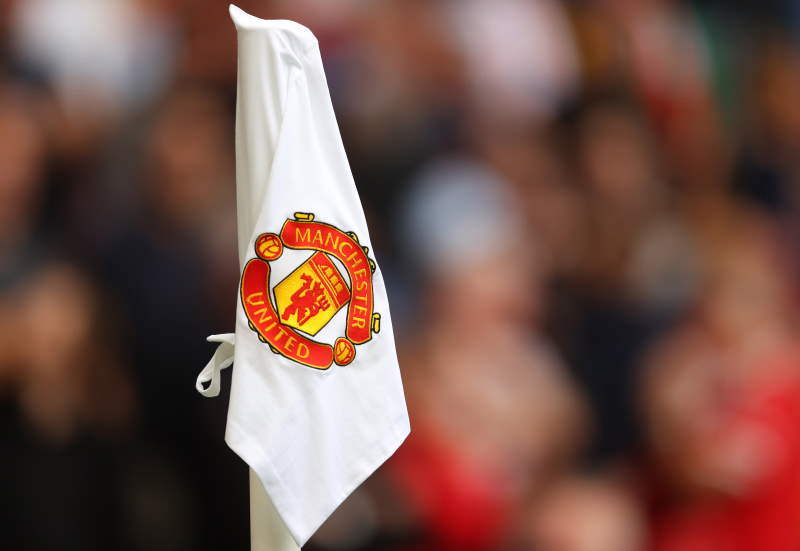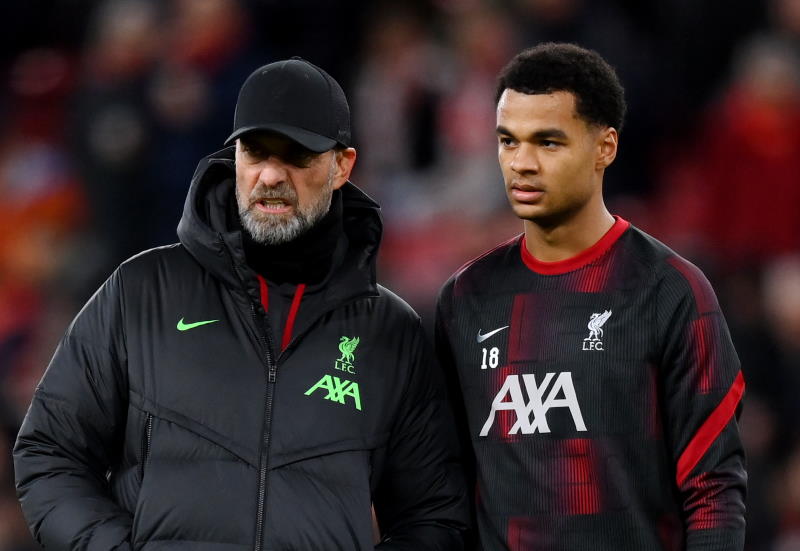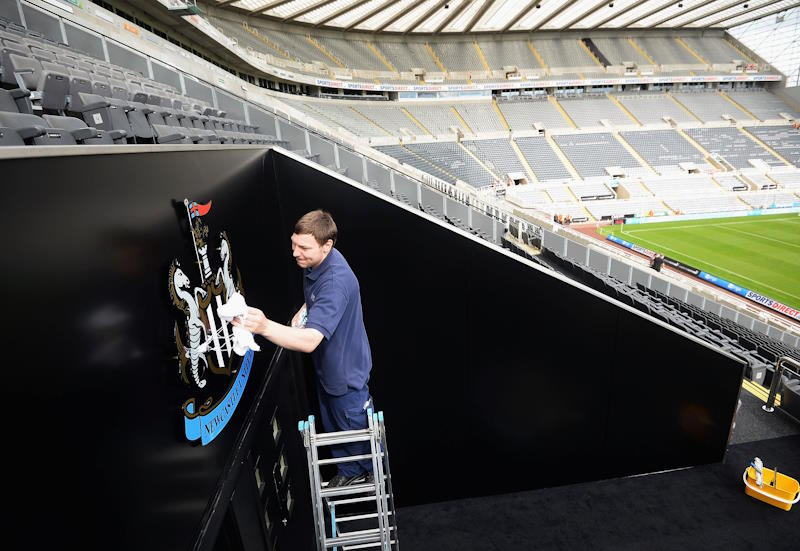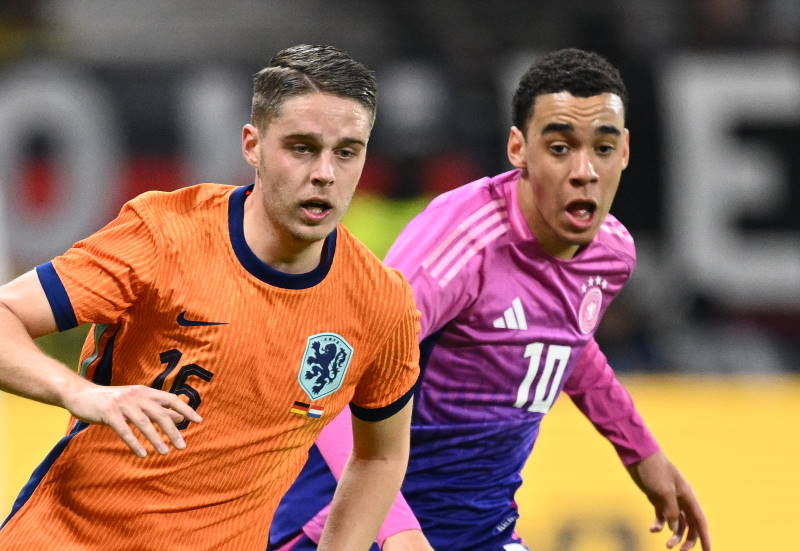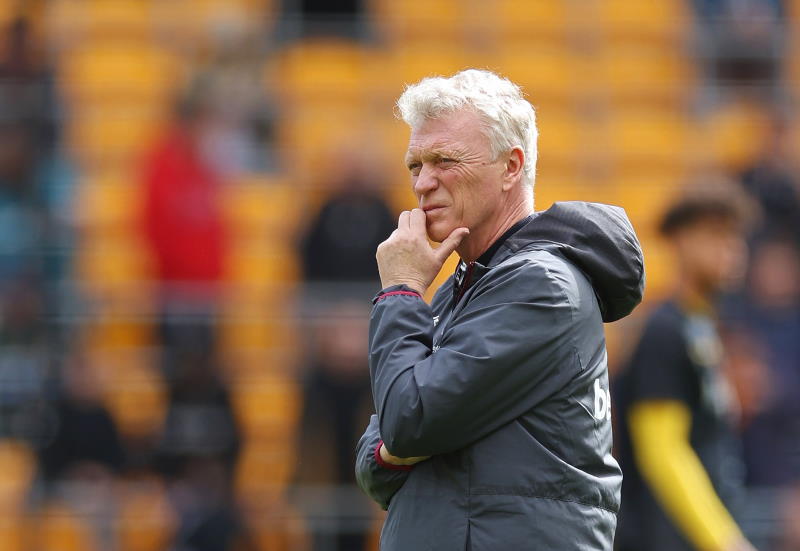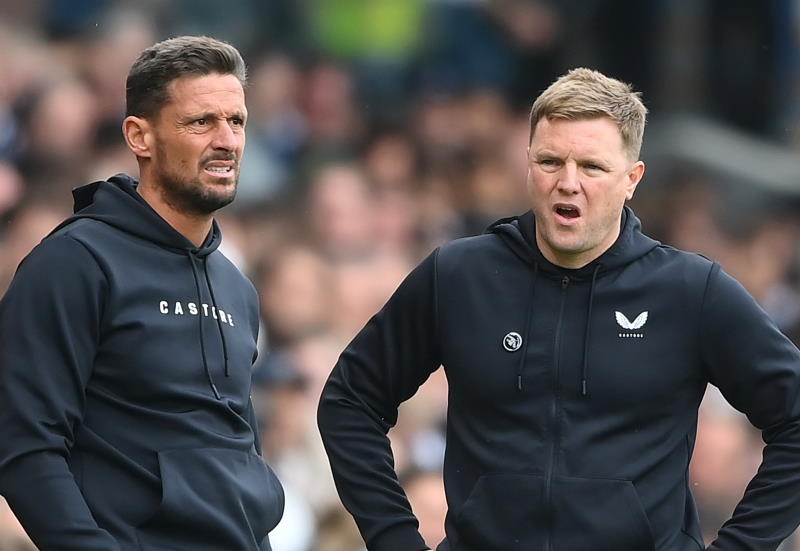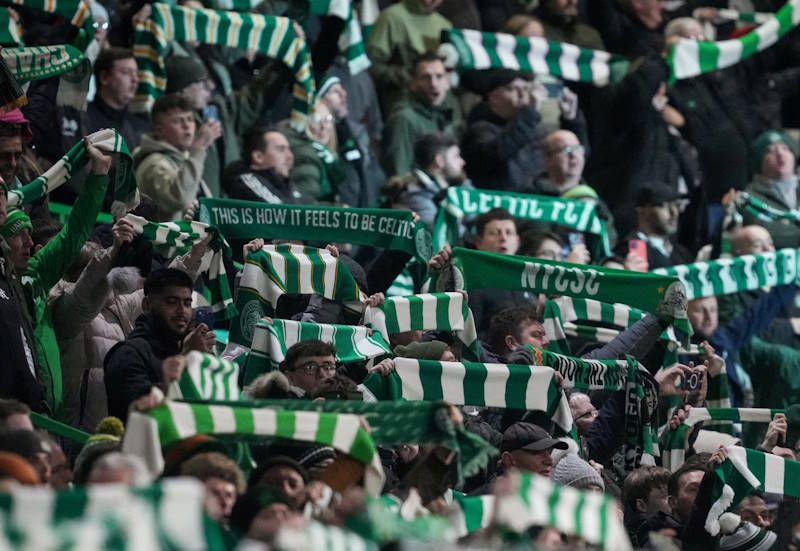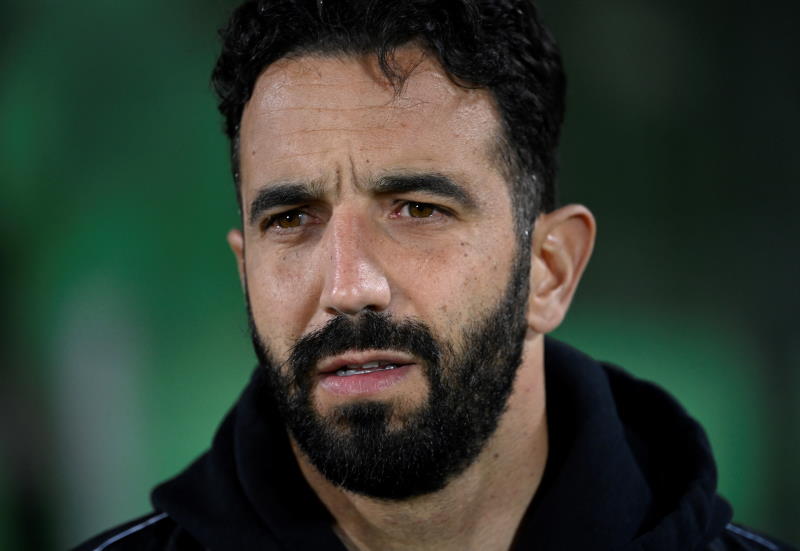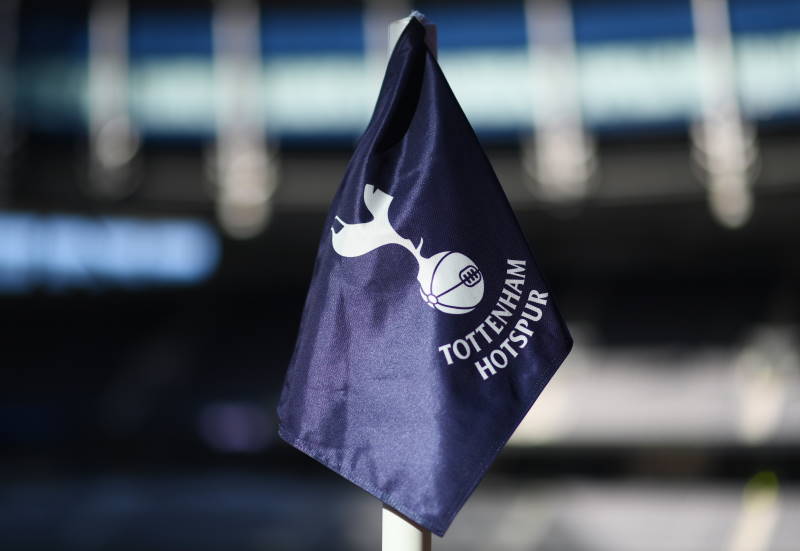
It's Chris Turner! exclaimed the Oxford Mail on the morning of the 9th December 2004. Oxford United chairman Firoz Kassam had called a press conference for midday to announce the club’s new manager and the paper was certain that Turner was the man set to be unveiled. Imagine their, and everyone else’s surprise then when in walked former Argentine international and successful coach of River Plate, Ramon Diaz. “Shall we wait for Chris Turner to arrive?” joked Kassam to a stunned press room.
The appointment was a risky, if highly intriguing one. Here was a man who had enjoyed a distinguished playing career in Argentina, Italy, France and Japan, and had led River Plate to five national titles and one Copa Libertadores triumph in six years in the El Monumental dugout, taking over at a club just outside the relegation zone in England’s fourth tier. Diaz, however, seemed keen to get to work. “England was the only country I wanted to work in,” he told BBC Radio Oxford through a translator. “My goal is to rid Oxford of their problems.”
Not only had Diaz taken on what appeared to be a gargantuan task for which he was ill-equipped to deal, but he was doing so for free. Kassam advised Diaz had agreed for work for nothing for six months in exchange for ten percent stake in the club should they achieve promotion. The agreement allowed Kassam to neatly skip around the issue of obtaining work permits for Diaz and his seven-strong Argentine entourage, although it did draw scorn from the League Managers Association.
Whatever the off-field issues, things started well enough for Diaz on the field with a debut 2-1 home win over Cambridge for which his side drew plaudits for their pacey attacking play that compared favourably to the dour football laid on by his predecessors Ian Atkins and Graham Rix. The good results continued with just one defeat in his first ten games in charge catapulting Oxford into playoff contention.
Cracks began to appear, however, as the effect of such sweeping changes to the back room staff began to alienate those that had been at the club before the Argentine invasion. In a 2008 interview with the Oxford Mail, physio Neil Sullivan revealed the issues he encountered with the new regime. “The types of things he was trying to do may have been more common on the continent, or more especially in South America, but they weren’t what we’d been used to,” he explained. “I’m very open to change, and suggestions, but sometimes you have to stand up for what you believe is right and it just didn’t lead to a good working relationship.”
Results began to falter, also, with four defeats in five games during February and early March seeing The Us fall away from the playoff places and back to mid-table obscurity. A brief resurgence during the remainder of March soon gave way to further inconsistency in April and in the build-up to their final game of the season Diaz and his entourage left the club with any hope of promotion long gone.
Who was to blame for their departure is open to debate. Diaz had grown tired of the responsibility of being a general manager and wanted to return to a head coach role like the one he held at River Plate. There was also an issue of money. A report in the Argentine press claimed that Kassam had offered Diaz a million pounds to stay on for another season only to later recant that offer and reduce the money on offer to two-thirds of that amount, with further bonuses based on performance. Diaz was also concerned that there would be insufficient funds to improve the squad.
And so the two parties parted company, with Brian Talbot taking charge for the final day defeat to Chester. Talbot lasted just ten months and by the end of the following season Oxford had been relegated to the Conference, where they still reside to this day. Kassam quit the club himself in 2006, finally giving way to supporter unrest that had been building for some time.
Diaz, meanwhile, didn’t return to coaching until 2007, leading San Lorenzo to the Argentine Clausura title that same year before leaving mid-way through 2008 after a poor campaign in the Copa Libertadores. He then endured an unsuccessful, but well paid, spell at America of Mexico and is currently out of work, touting himself for a return to River Plate once the axe inevitably falls on current incumbent Leonardo Astrada.
Diaz’s spell in charge was largely disappointing, and he rarely seemed fully committed to the cause once he understood the enormity of the situation, but for a short while at least, Oxford fans could dream of a brighter more cosmopolitan future. Reality often has a way of dampening even the most ardent optimist, however, and unfortunately for Us' fans it did just that after the initial wow factor wore off. It was a failed experiment, but despite Kassam’s detractors, a worthy one.
Like to bet on football? Pay Inside Bet a visit!

